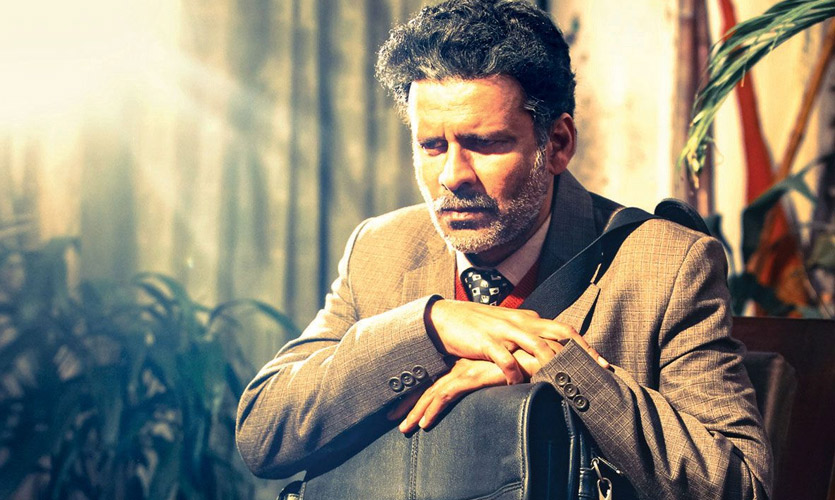To be able to love without shame and fear is a privilege, especially if your choices go against the heteronormative way of life. Questions arise and the ideas of family and lineage are often discussed aplenty. Linking love to marriage and reproduction takes away from one of the basic tenets of what it means to be human, to feel and be. This is one of the themes discussed in the movie Aligarh, which is based on the life of an Aligarh University Professor, Dr. Shrinivas Ramchandra Siras.
Professor Siras was persecuted for being a homosexual man, a label he didn’t agree with. His sexual preference was used against him to discredit him and to fulfil political agendas against him and his work. A free man who loved to listen to songs and enjoy a drink was reduced to one that looks over his shoulder at the tiniest of noise his freedom curtailed into his heart.
Aligarh can be understood as a depiction of a shriek that is often lost in one’s throat. It’s a manifestation of the pain that is felt when a person is threatened for their being. It makes viewers wonder if they can ever understand and feel love like Siras — an uncontrollable urge that breaks through everything that’s ingrained in us.
Read more: Grey’s Anatomy continues to go beyond love & romance
The movie portrays the injustice the professor was met with. The scenes are slow and the camera’s focus is often on Siras’ face — lines and eyes overwhelmed with pain. The narrative contrasts his life with that of Deepu, a young reporter trying to uncover the truths of Siras’ story. The difference in their personalities is pronounced, detailing the differential ways generations look at all things love. And, how age and loneliness plays a role in it.
There is a lot to unpack in the movie if you are interested in the functioning of the media and journalism. The hunger to break a story without understanding its consequences on someone’s life. To go with the flow of what is uncovered by the media without questioning the means with which the information was obtained — Deepu is the only person interested in these aspects, his inexperience working in his favour rather than being a show of his naivety.
Siras is a man who loves his books and music. He likes to hold deep conversations and spend time with people. He is easily bored of everything that exists outside of his happy bubble, everything out there that has the potential to come at him with spears and fire. The sentiment can be seen in the court scenes where he easily tunes himself out when things get heated up.
It’s this happy bubble that we must preserve for ourselves and all those around us. We owe it not just to our fellow humans but to humanity itself.
To be able to love should not be a privilege.










